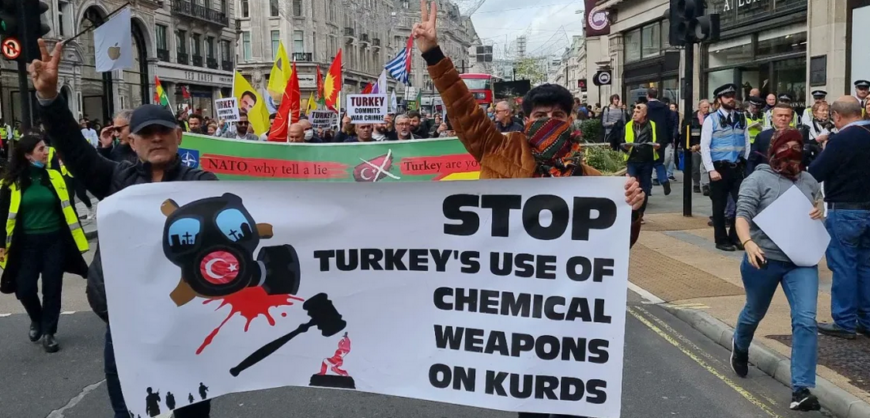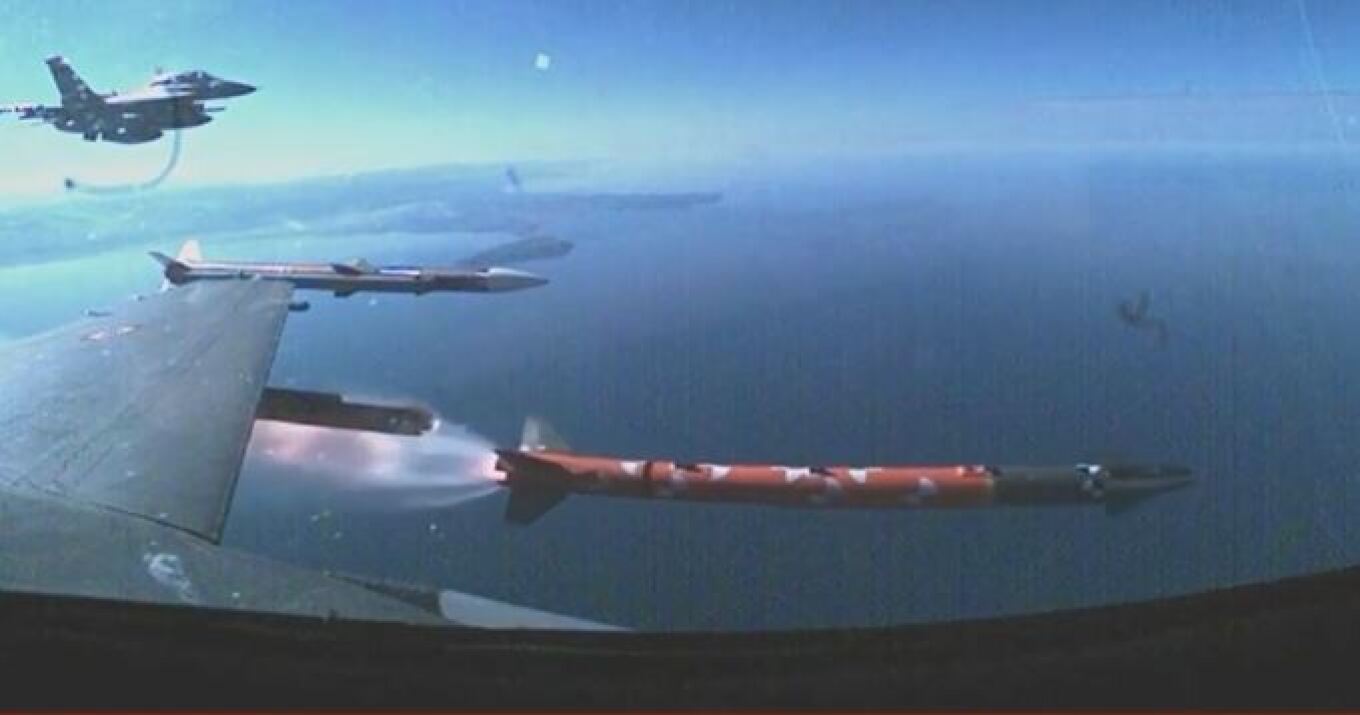The Kurdish Firat News Agency (ANF) released on October 18 a video showing, according to the ANF, two PKK (Kurdistan Workers’ Party) members suffering from exposure to prohibited chemical weapons being used by the Turkish military. The two individuals were allegedly caught in a Turkish chemical weapons attack in the Kurdistan Region of Iraq; they eventually died. “It is seen that the chemical weapon paralyzes the nervous and respiratory systems and causes memory loss,” the ANF reported.
The People’s Defence Forces (HPG), the military wing of the PKK, claimed that 17 PKK members were killed by Turkey’s chemical weapons.
Citing a PKK statement, the ANF report stated that the Turkish Army has used banned bombs and chemical weapons at least 2,476 times within the last six months of its military operation against the Kurdish group.
The PKK, which was established in 1978 for the purpose of seeking Kurdish independence, has long accused Turkey of using chemical weapons.
Turkish analyst: First we will destroy the Greek Air Force bases
Şebnem Korur Fincancı, a professor of forensic medicine who is also president of the Turkish Medical Association (TTB) and the Human Rights Foundation of Turkey (TIHV), stated in an interview with Medya Haber TV that such allegations should be examined by independent committees in accordance with the principles of the UN’s Minnesota Protocol.
“I have examined the images and obviously, one of the toxic gasses, poisonous gasses, chemical gasses that directly affect the nervous system has been used,” Fincanci said.
After this interview, Ankara’s Chief Public Prosecutor’s Office launched an investigation against Fincancı on charges of “making propaganda for a terrorist organization” and “insulting the Turkish nation, the State of the Republic of Turkey, state institutions and organs”.
Read more: Gatestone Institute






































